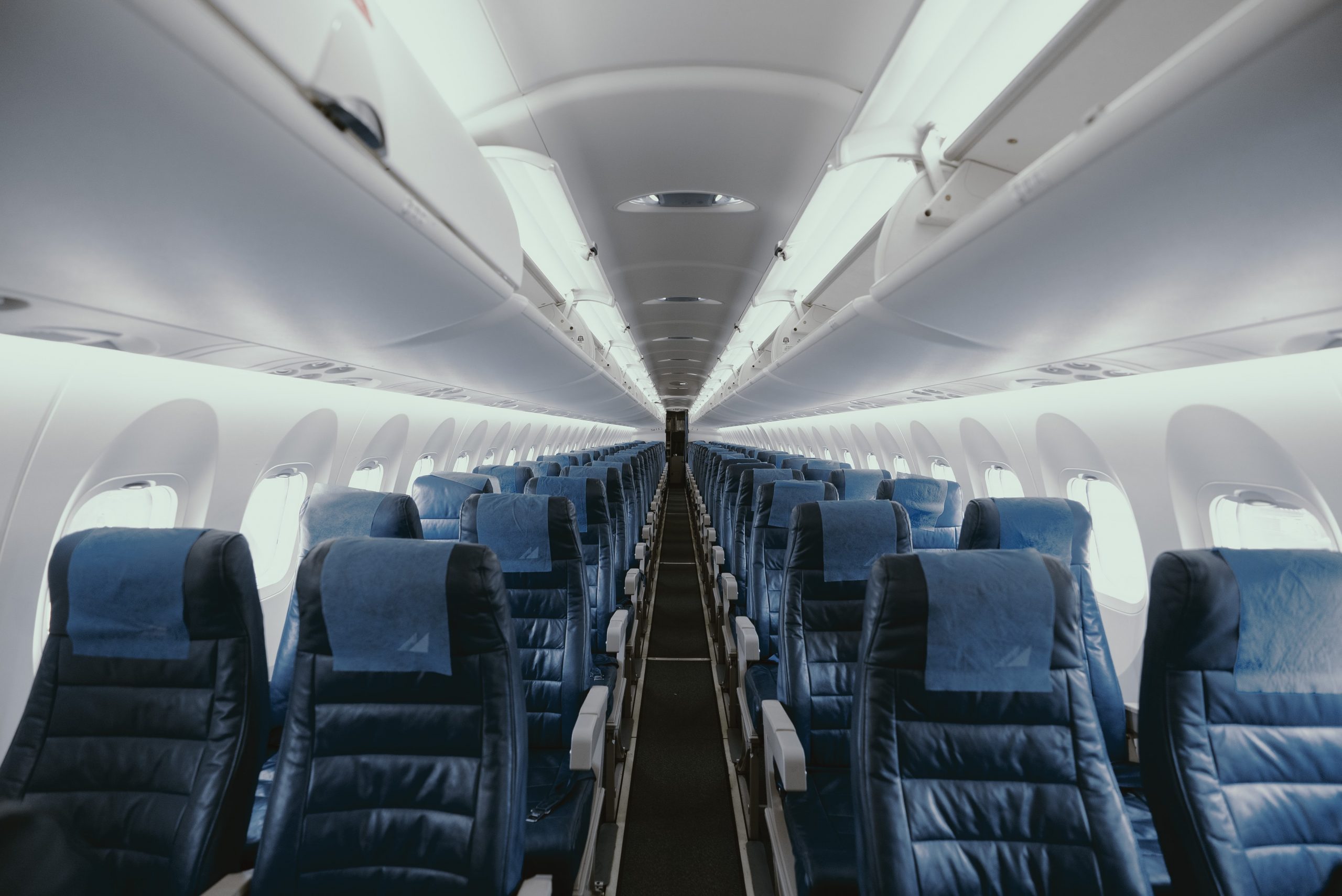
The airline industry may lose $84 billion in 2020, according to the International Air Transport Association (IATA). Air travel dropped by 98% in April from last year.
The agency previously predicted 8.2 billion air travelers in 2037. However, the efforts made to curb the spread of the coronavirus badly hit air travel.
“We think airlines are going to probably lose an unprecedented $84 billion in 2020,” Brian Pearce, chief economist for IATA, told CNBC.
“We’re really only just starting to see countries negotiating bilateral openings of markets. For example, the Trans-Tasma bubble between Australia and New Zealand, China and Singapore, as well as China and Korea.”
Despite the situation, Pearce believes a recovery can happen in the second half of 2020.
Domestic air travel
Domestic air travel has resumed in the US, China, and Indonesia, but international travel remains volatile for now.
“It will be enough to kickstart the airline industry in some countries,” Pearce said. “For many airlines, they do depend on international air travel.”
According to Keith Mason, head of the Centre for Air Transport Management at Cranfield University, government assistance will be critical in ensuring the sustainability of the airline industry.
“We’re going to see a consolidation in the market where airlines that are fully independent are struggling to survive, are going to go out of business,” he told CNBC.
Meanwhile, some airlines are reportedly manifesting significant disruption, including UK’s Flybe, Virgin Australia, and Trans States Airlines in the US.
Governments are providing financial assistance to keep struggling carriers afloat, including the US, Australia, and Taiwan.
For IATA, the industry needs global government support amounting to $200 billion.
Leisure travel
The Asia Pacific region enjoyed a vibrant demand for low-cost carriers in the leisure travel market. The largest air passenger markets over the next decade are emerging markets like India, Thailand, China, and Indonesia.
However, analysts do not dismiss the possibility that the financial damages brought by the coronavirus pandemic may create a smaller airline industry.
Meanwhile, the profitability of business travel has declined. Companies that relied on air travel to conduct business now resort to video conferencing.
“It’s reasonable to assume that business travel may lose 1 in 5 trips,” Mason said.
Together with the Airports Council International, IATA created a roadmap for the recovery of the airline industry. This roadmap covers best end-to-end practices for safely resuming flights. Some of these practices are the use of personal protective equipment, contact tracing, and enabling contactless services at customs.
Economic impact
The financial damages brought by the coronavirus outbreak on the airline industry has been more evident, with airline executives cutting costs, freezing hiring, and reducing flights.
The effects of the coronavirus COVID-19 outbreak on the airline industry have been felt this week. American Airlines experienced a 13% decline on Thursday to $16.04. This has been the latest low since its 2013 merger with US Airways. American Airlines’ shares have been down more than 22% over the past week.
Meanwhile, Delta Air Lines had over 7% loss, ending at $45.01. United Airlines saw a decline of more than 13%, while Southwest Airlines sank at 3.6%.
Smaller airlines that are catering to the domestic market was also knocked down, as hesitations grow over a broad drop in travel demand. JetBlue Airways ended at around 11%, Alaska Airlines shares dropped more than 12%, and Spirit Airlines plunged 18% to the lowest level since 2013.
The lower demand for travel has been shrinking airline shares. Airlines have been waiving change fees for new bookings and lowering fares to invite more people to travel. This move pushed the decline in airline stocks.






